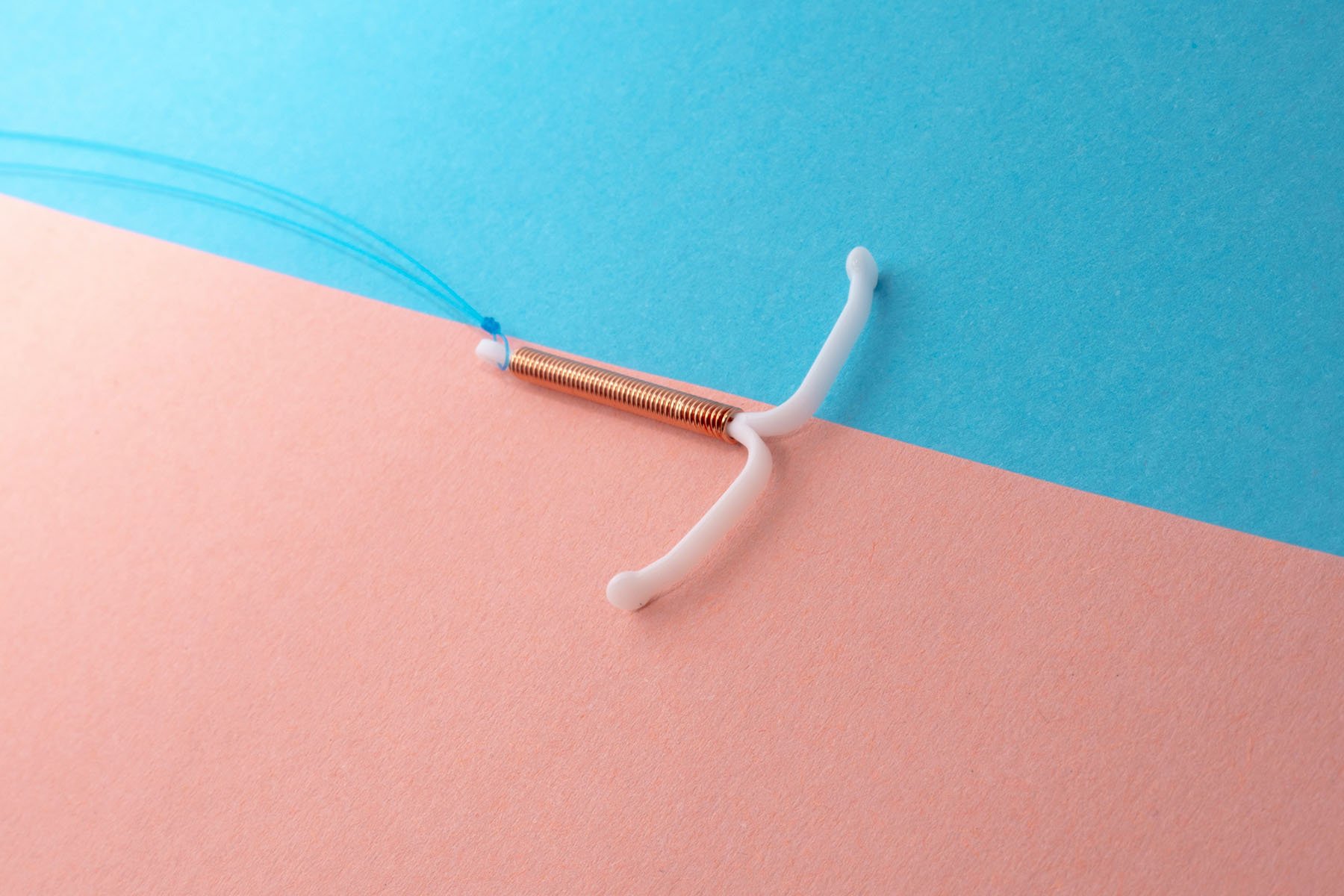A Planned Parenthood in Illinois will be the first clinic in the greater St. Louis area to start offering optional sedation for patients having intrauterine devices (IUDs) inserted.
Colleen McNicholas, the chief medical officer of Planned Parenthood of the St. Louis Region and Southwest Missouri, told St. Louis Public Radio that the clinic decided to offer sedation during IUD insertion because health care providers noticed that some patients were opting for other forms of birth control due to concerns about pain. St. Louis sits on the border of Missouri and Illinois, and some of its suburbs are across the state line.
“Folks really want this super-effective, great form of birth control but also are having such negative experiences with its insertion,” she said. “At the end of the day, we want people to feel empowered to choose the method that’s going to work the best for them. But we also feel like they don’t need to be traumatized in the process of getting that method.”
IUDs are a form of long-term birth control that is inserted by a health care provider into the uterus to prevent pregnancy. They are typically made of metal or plastic. Some, but not all, emit hormones. They are one of the most effective forms of birth control, in part because a patient does not have to remember to take a daily pill or use barricade methods during sex such as condoms or a diaphragm.
In 2015-2019, 26.6 percent of U.S. women aged 15 to 44 reported ever using an IUD as a form of birth control, according to the Centers for Disease Control and Prevention. After the Supreme Court in June 2022 ended the federal right to abortion, anecdotal evidence from internet searches and doctors suggested more patients than ever were considering IUDs as a form of long-term birth control.
But for many, the pain of insertion has remained a consideration. Optional sedation is not frequently offered, but it’s unclear how many providers make it an option for their patients.
Duke University researchers recently analyzed TikTok videos with the hashtag #IUD. They found that most of the top 100 results focused on the pain of having an IUD inserted or other related side effects. Jenny Wu, an OB-GYN resident who led the research, told The Washington Post that it’s “just really heartbreaking to me when patients feel like they went through some traumatic experience getting a really great form of birth control.”






